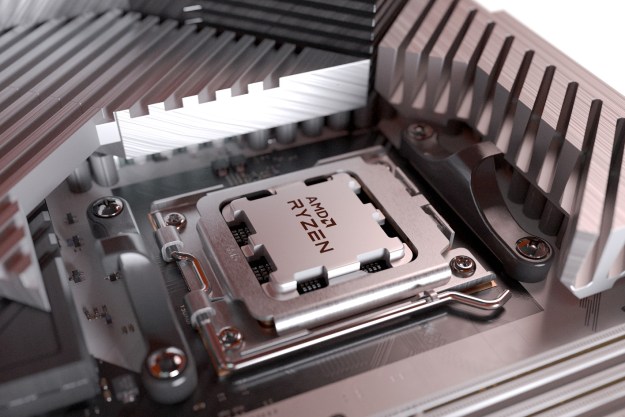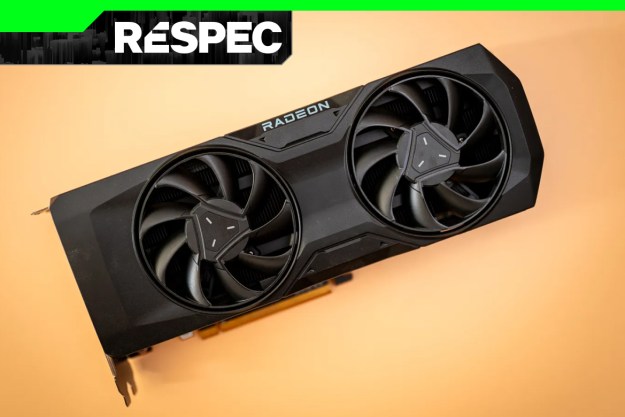With the recent launch of Intel’s new generation of CPUs, AMD’s Ryzen has been nudged out of the limelight. But thanks to rise of the cryptocurrency Raptoreum (RTM), Ryzen CPUs supply might become as scarce as graphics cards, therefore raising the price.
According to the Raptoreum Mining Profitability Calculator, one Ryzen 5950x with a hash rate of 4247 h/s can grab you 161 Raptoreum a day, with each Raptoreum worth $0.00215607 at the time of publishing, which equates to $3.47 at 125 watts from your power supply unit.

The annual return mined from a single 5950x is no joke, as it can grab you $930.75.
Raptoreum isn’t necessarily a new cryptocurrency, but its hunger for CPU cache, especially ones with bigger L3 cache, including the Ryzen 9 5950x and the 5900x, raises some eyebrows.
Both the 5900x and 5950x have an L3 cache of 64MB, which can be argued as relatively affordable in price. However, miners may not go after those CPUs, as they might be looking at those larger, less practical AMD CPUs that cost an arm and a leg, like Epyc or Threadripper. For example, one Ryzen Threadripper 3970x, which is equipped with 128MB of L3 cache, has a hash rate of 8587 h/s and can farm 325 Raptoreum per day, which works out to $7.01, or $2,558.65 annually.
We have seen how much money crypto miners will spend on hardware, eventually turning a greenhouse into a mining farm, so the current price of AMD’s CPUs will be pocket change to them and can be scary for those looking to upgrade their rigs sooner than later.
Recently, we heard about third-generation Epyc, which will feature AMD’s simple, but genius vertical cache and a boat-load of L3 cache — 768MB. Even though those chips will come with a heavy price tag, miners won’t hesitate to spend a little bit more money to yield more crypto.
Thankfully, the current supply of AMD CPUs remains healthy at the most popular PC hardware stores, like Newegg, Amazon and Microcenter, with even the 8-core, 16 thread 58000x popping up on sale at Microcenter for just $330.
For now, it seems like Raptoreum isn’t much of a threat to consumer CPUs, but it is also something to keep in the back of your mind.
Editors' Recommendations
- Gigabyte just confirmed AMD’s Ryzen 9000 CPUs
- AMD’s next-gen CPUs are much closer than we thought
- AMD makes older PCs more upgradeable once again
- AMD’s next version of FSR promises better visuals and support for Xbox
- Nice try, Intel, but AMD 3D V-Cache chips still win





